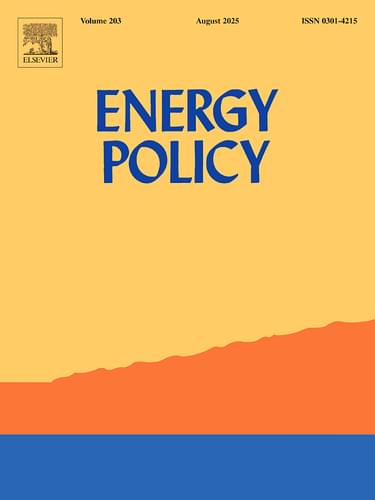Columbia Business School: Climate Policy
Spring 2026 A-term course

Spring 2026 A-term course

by Mitchell Hartman

by Sam Meredith

China’s Solar PV installations dropped 85 percent in June after a planned subsidy phase-out. But far from a retreat from renewables, the country's energy policy reforms reflect an increasingly mature and competitive solar industry.
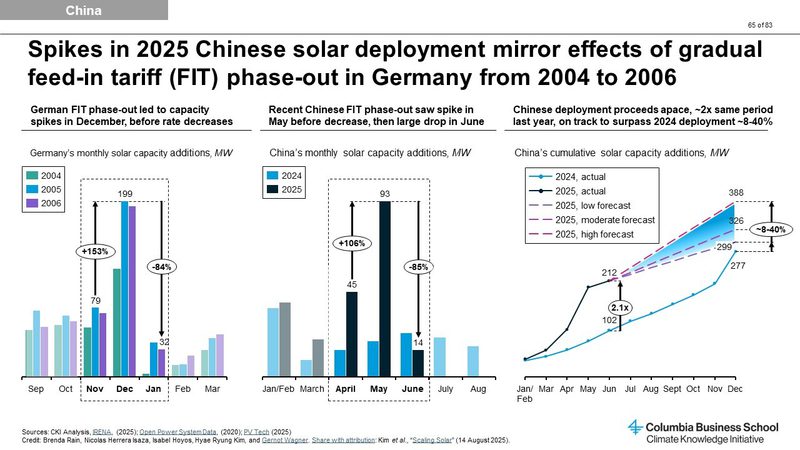
Columbia Business School Case

by Gernot Wagner & Conor Walsh
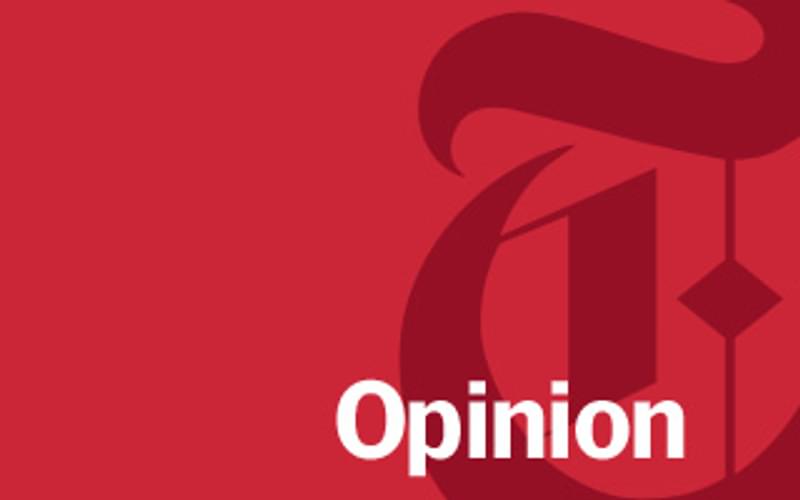
by Gernot Wagner & Shang-Jin Wei
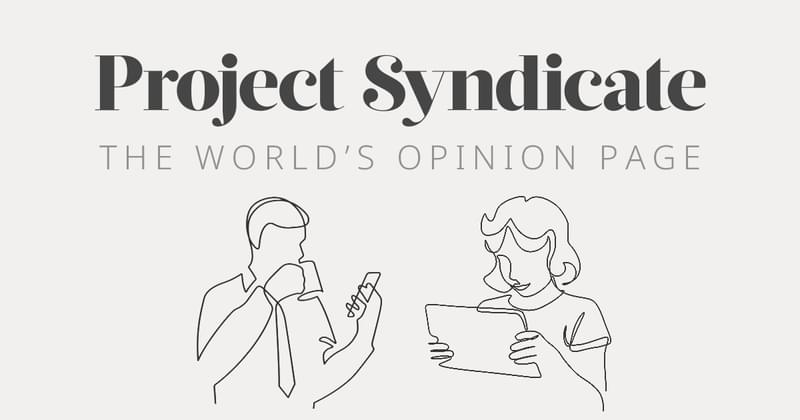
by Gernot Wagner & Conor Walsh

by Jonathan Camuzeaux, Thomas Sterner, and Gernot Wagner
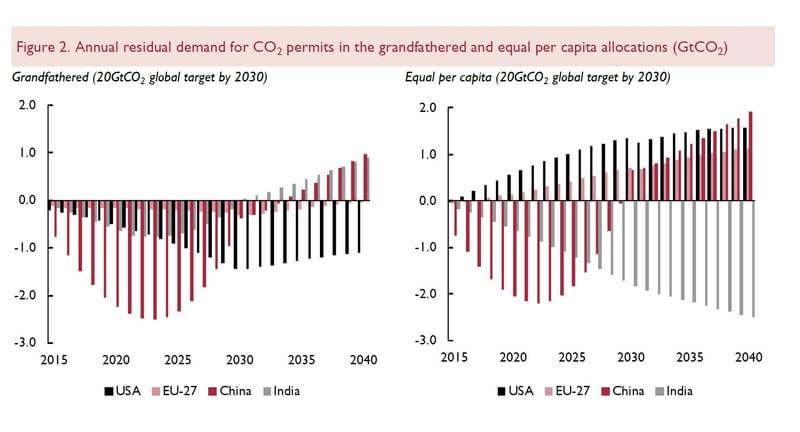
by Gernot Wagner
